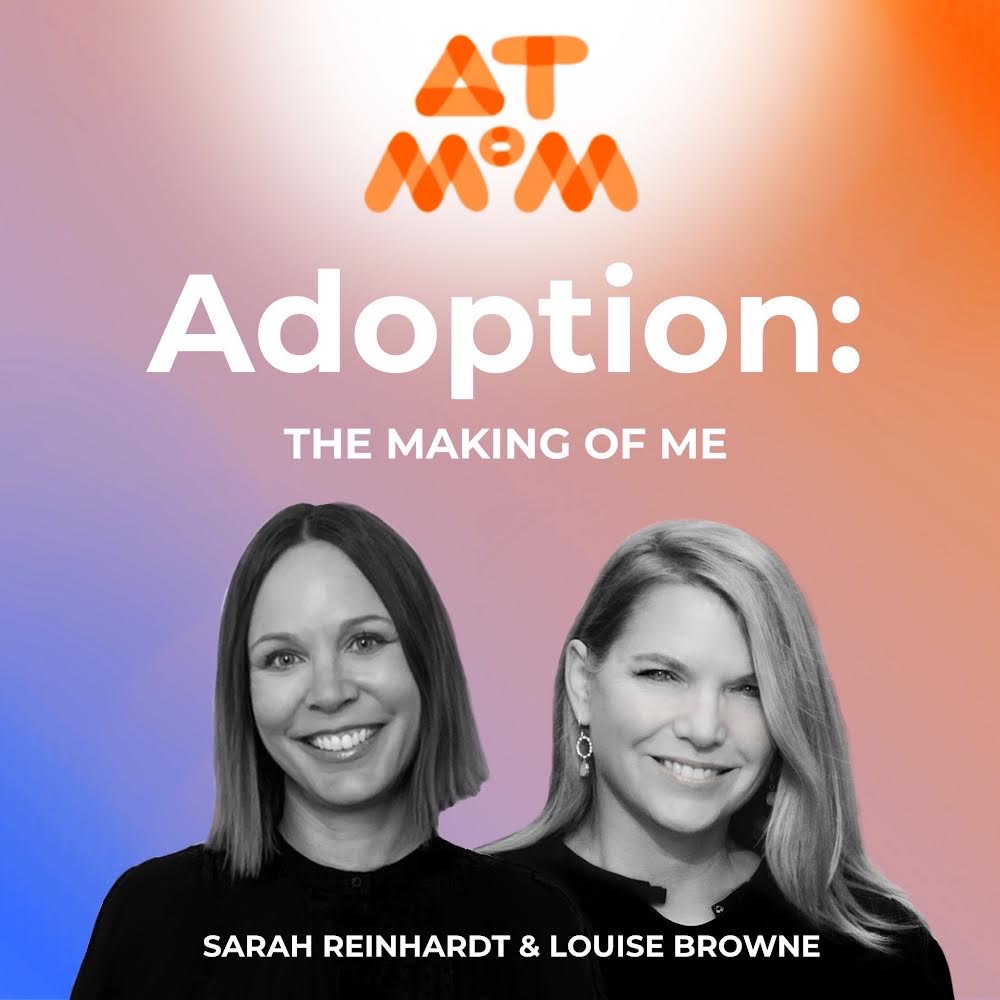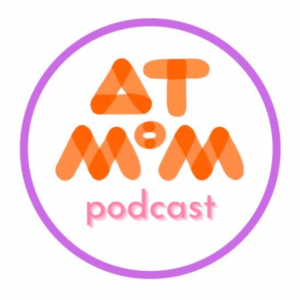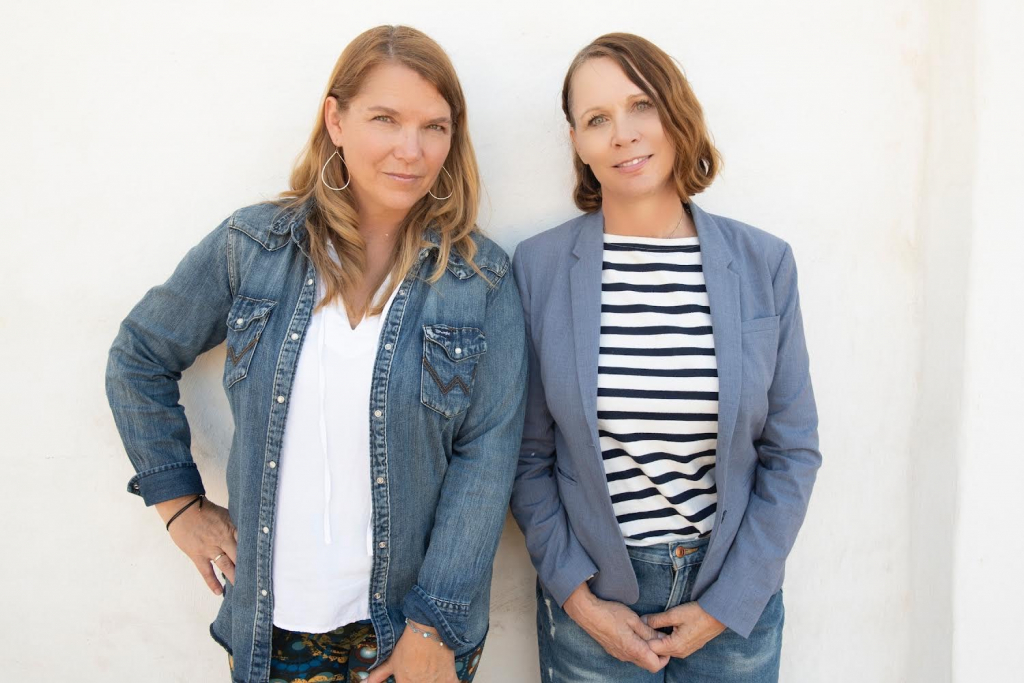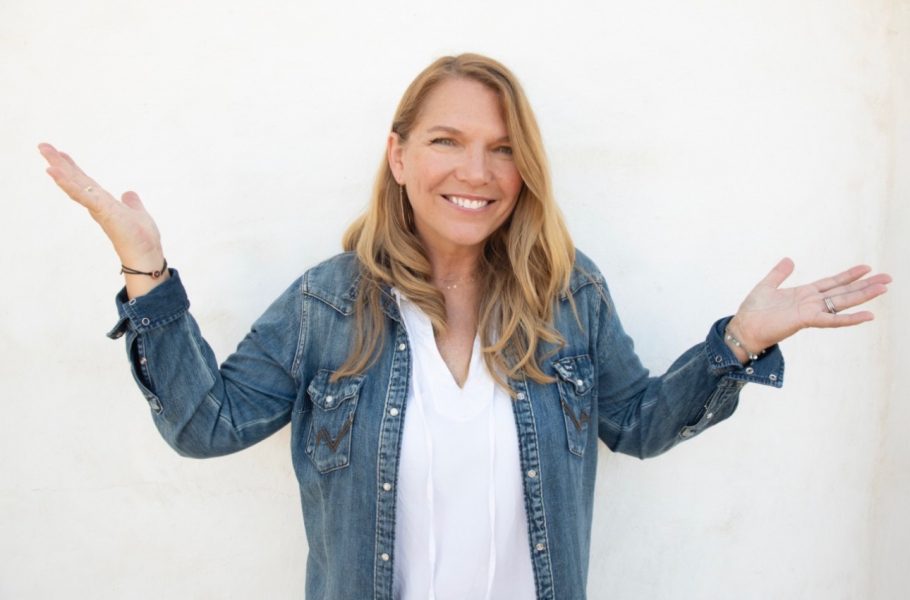Louise Browne Interview
I love podcasts. But as an adoptee, I especially love adoption podcasts. Over the last few years I have discovered several adoption-related podcasts. One of my recent favorites is Adoption: The Making of Me. Louise Browne & Sarah Reinhardt are two adoptees who host the podcast interviewing other adoptees in the community. As a fan of the podcast, it was a great honor to interview Louise for Adoption.com.

Tell me about yourself.
Thank you for this interview. I am Louise Browne. I am an adoptee. That is my role in the triad. I was born Tiffany Lyn in Colorado in 1968 to a young single mother (19). My biological mother was with me my first few days of life but continued to go ahead with the adoption process and I was relinquished. I was then adopted by my family in Littleton, Colorado where I was raised.
Tell me about your adoptive family.
My adoptive parents (my parents) lived in Colorado and were originally from St. Louis, Missouri and Baltimore, Maryland. They are both recently deceased. They met in college in North Carolina at Chapel Hill. I have one brother who is their biological child and is five years older than me. We are still close and he lives in Arizona.
The culture of my immediate family was loving and humor played an important part. Family time was most cherished. They were into sports, friends, and outdoor activities such as skiing, camping, and hiking. My mom was a championship golfer and a stay-at-home mom (for the most part-she did work off and on when times were harder). My father was an attorney. Integrity, having character (and being of strong character), plus working hard were the pillars of our upbringing.
My father came from a family of mostly British ancestry. They were very connected with their lineage, their history, and family culture. I spent many summers on the eastern shore of Maryland going to camp and seeing my relatives—especially my dad’s older sister and her family. My father had a distant and harsh upbringing and a lonely childhood in boarding school so he was focused on being there for his children and was involved in our lives and activities.
My mom came from an upper middle-class family where my grandfather was self-made after the Depression. My mom was the PTA President of our schools, involved with our friends and activities, and was someone that people came to with their problems or advice. I learned a lot from her about how to treat people—to care and to listen. My mom’s side was made up of German and French roots. My grandparents were very important to me growing up. They were fun-loving, supportive, and always there. I loved going to see them for visits and having them visit.
Tell me why your adoptive family chose adoption & how they ended up adopting you.
My family chose to adopt me a few years after my mom lost a baby full-term. She had RH negative blood and the medication for that to help mothers carry their second children had not yet been approved. They waited almost two years in the adoption process.
Tell me about your biological family.
My biological family on my mother’s side was originally from Arkansas and then ended up in Colorado. They are of European and Italian descent. They are wonderful people with close relationships. Many of my biological relatives knew I existed and they, in fact, sought me out and found me at the age of 32. My biological grandmother was dying of Parkinson’s disease and she wanted to meet me, if at all possible. They spent many years looking for me and waited until I was an adult. My biological mother died in a tragic accident at the age of 27 and I was her only child. I was never able to meet her, but I feel I now know her through stories, family, her writing, and even some of her acquaintances. I have an ongoing relationship with relatives on my mom’s side and their culture is about love and acceptance.
My biological father’s side is mostly of Hungarian descent and my biological father is the oldest of seven sons. He and my mother were a couple in high school and met up again when she was 19 and he was almost 21. I have two half-sisters (one very close in age), who do not know that I exist—I do know who they are. My biological father and I have shared emails and one phone call, but, as of today, we have not met and I have not heard from him in a year. I have over 100 relatives living mostly in Colorado on my biological father’s side. I do not know if they will want to meet me or I will be able to meet them. I hope to one day.
Tell me about why your biological family settled on placing you for adoption.
My biological mother settled on placing me for adoption because she was 19 years old and working—after having to leave college. She was worried about financially being able to care for me and felt that it was important that I had a father in my life. She was also counseled by social workers along the way and was told that it would be a better life for me. She was handling all of it on her own and didn’t have the financial backing of family. I do know that my biological aunt wanted to help raise me, but [my mother] didn’t want that.
How old were you when you were adopted? Were you immediately with your adoptive family?
I was several days old and went to my adoptive family a few days after I was with my biological mother. I am not sure where I was in between, but I am guessing the hospital until the paperwork was finalized.
When and how did you find out you were adopted? Was it something you always knew? How was the ongoing adoption conversation in your home growing up?
I always knew that I was adopted and I never questioned that. It was an open conversation in that way. I would tell people I was adopted and that “adopted meant love,” something to protect myself when people asked questions. I am not sure I even knew what it meant, but I knew that I came from another mom. The ongoing conversation in my home didn’t really happen. When and if I brought it up, my parents told me nice things about my biological mother (my father didn’t come up as much) and that they loved me and I was their family—that I was so special and a gift. I do know that was a common narration of the time and I do believe they felt that. I know they meant all of this as positives, but it often felt confusing and I carried a lot of guilt asking about it or thinking about it. I definitely had a lot of questions and wondered who I really was. I would fantasize about it quite often.
How was your childhood?
My childhood in general was a very healthy and happy childhood. It wasn’t perfect by any means, but I definitely knew I was loved and I have many amazing memories. I also had a lot of anxieties that I pushed down. I never slept well (I always had night terrors, sleepwalking/talking) and in general, I always felt like an outsider). I was often sad and spent a lot of time playing on my own. I did love my family, maybe desperately even. I loved my neighborhood, my friends, and the culture in which I was raised. I am probably one of the adoptees out there that you could say had a ‘very good’ adoption. Yet, I still struggled inside with so many of the things that adoptees struggle with. I think people would be surprised to know that if they knew my family and parents.
What is your favorite childhood memory?
My favorite childhood memory is camping with my family. We would go up to a cabin in the mountains of Colorado, camp there and other places, ride horses, and sit by the fire at night singing and laughing. I also loved sitting with my dad at night when he would read to me and playing outside with my dog and brother.
How was your relationship with your adoptive parents and siblings?
My relationship with my adoptive parents was very good. My mother and I often struggled, especially in the teen years and into early adulthood. We could be very different and come at things from far different perspectives. I felt I wasn’t living up to something that she expected, but I am not sure she even knew that I felt that or that that signal was being given. We became much closer after I moved out for college and when I started my own family.
My relationship with my father was always very close, but I pushed him away in my early teen years which I know was painful to him. We became close as adults and I always felt that he was the one person who understood me in the family more than anyone else. He saw me as me.
My relationship with my brother was close when I was the little baby sister, but we were strained when he was a teen and in his early college years. Part of that was our age difference, 5 years, and part of it was that I wanted him to like me so badly and I just don’t think we understood each other. We have become close as adults and I credit that with a lot of hard things we had to discuss and tackle together. We try very much to hear each other and he has been open to understanding more about me.
Did you ever consider adoption to grow your family?
I did. I didn’t get pregnant easily with my own child and I often thought and talked about adoption. Once I had my own child, I felt in awe and complete and never really thought about it again- or not in an option way. If I were to have a family now, I would not adopt— unless it was a child in need in our family or an older child out of the foster care system that needed a stable home, not a baby, and they did not have the option to be reunited with their birth family. I have a different outlook on adoption now.
What are some experiences with adoption you have had in your life, other than your own?
I have many experiences with adoption. I have had many friends who were adopted since I was adopted in the Baby Scoop era. I do feel that I connected easily with fellow adoptees because in general when adoptees meet, we instantly have a bond that is not easily shared with others. We all know the little things we have deep down that we do not share with others or that others do not understand. I have had friends who have adopted and those adoptions are more open than mine was back in 1968. The kids speak openly about their roots and are supported by their parents. That is nice to see. Through our podcast and the community we have met around it, we have met with a large number of adoptees and have learned the good, the bad, and the ugly with all the sides of adoption and what happens to adoptees. It has been eye-opening, and I am humbled to hear their stories and to be such a big part of the adoptee community.
What was the hardest part about growing up adopted? And what is the hardest part about it now that you are an adult?
The hardest part about being adopted as a child was not knowing who I was. I was always trying to find my place and to fit in. I battled a lot of anxiety (and still work on that)–and just not being like the rest of my family. People who are not adopted don’t realize the comfort and security that genetic mirroring can give you in the world of self-worth. The hardest part about being adopted now that I am older is coming to terms with the fact that adoption is a trauma. As Keith C. Griffith has stated, “Adoption is the only trauma where the victim is expected to be grateful.” We now know the importance of the mother and child bond and what that does for a baby at the beginning of life. It is hard to speak out and talk about being adopted without being viewed as being disloyal to family and to those who loved you. I know I was loved and I loved my adopted family. Sadly, that is also not the case for many adoptees. They start with far more strikes against them.
It is hard as an adult to say, “I am allowed to seek out my history, my people, and to want to know who I am.” There is a huge dichotomy in that for adoptees. A lot of guilt, burden, and people-pleasing is placed upon the adoptee from the beginning. To meld these worlds together as an adult is difficult.
What is the best part about being adopted?
I guess I feel that because I am adopted I can empathize with people who don’t fit in or are struggling. It gives me a strange superpower. I am highly independent (and always was)–and I am starting to see how many adopted people are like this. I never knew why I was so independent. I am not afraid to tackle things on my own and I like my own company.
I started my career in teaching in an urban setting and did very well with kids who had a lot of emotional issues. My middle school years were very difficult and I tried to really help kids that I could tell needed it. I feel that I see loneliness in others and try to sometimes be a friend when someone needs one. I have always felt that. I didn’t always fit in with my family and my environment (even if I pretended to) so I empathize with others that I see in the same position.
If you could tell hopeful adoptive parents one piece of advice from an adoptee’s perspective, what would it be?
To listen to your adopted child. To talk to them about their past, who they are, and to be open to them when and if they want to know more about their biology and find family, even if it is painful to be supportive. Also, to let them know they can see a therapist or find support for them when they do start having some identity issues. I do think most adoptees have that at some point.
If you could tell expectant parents considering placing a baby for adoption from an adoptee’s perspective, what would it be?
To make sure you are not able to keep the baby in your own family. If someone is telling you the narrative that the baby is better off, make sure you understand that financial means do not make a family or what makes children feel whole. Just to seek therapy and make sure that is what you really want. Also, that your child will think of you forever. They don’t just get over it.
If you could tell fellow adoptee’s one piece of advice, what would it be?
You are not alone. There are others out there that feel what you feel and so many people that can be a support or community to you. To do research and find a community of fellow adoptees and to seek therapy with someone who has a background in adoptee issues. And that you do not need to feel guilty about wanting to know who you are.

Tell me about everything you are doing in the adoption community.
I am a co-host of a podcast with my friend and fellow adoptee, Sarah Reinhardt— Adoption: The Making of Me. We are there to give a voice to adoptees who would like to tell their stories. Hopefully through our work we are also changing the narrative of the ‘Hollywood Happy Adoption’ to be one of understanding the pain, trauma, and difficulties that adoptees face daily and lifelong in their lives. I think my goal is to raise awareness that adoption is a big business, that babies are not a blank slate, and all humans have a right to know their origins, history, and identity.
It was such a pleasure to interview Louise and get to know more about her adoption story through this interview. I love that I get to interview adoptees of all ages, and learn about how the culture of the time affects adoption. The difference between my Grandma’s 1930s adoption to this interview with Louise, to bits and pieces of my 1990s adoption, I have learned that all adoptees are so similar, yet all so unique.
If you haven’t had a chance to listen to Adoption: The Making of Me, I would highly recommend giving it a listen. I also had the pleasure of interviewing Sarah for Adoption.com. Sarah and Louise do a fantastic job of interviewing adoptees on their podcast. They are kind, empathetic, and completely understanding of the adoptee experience.










